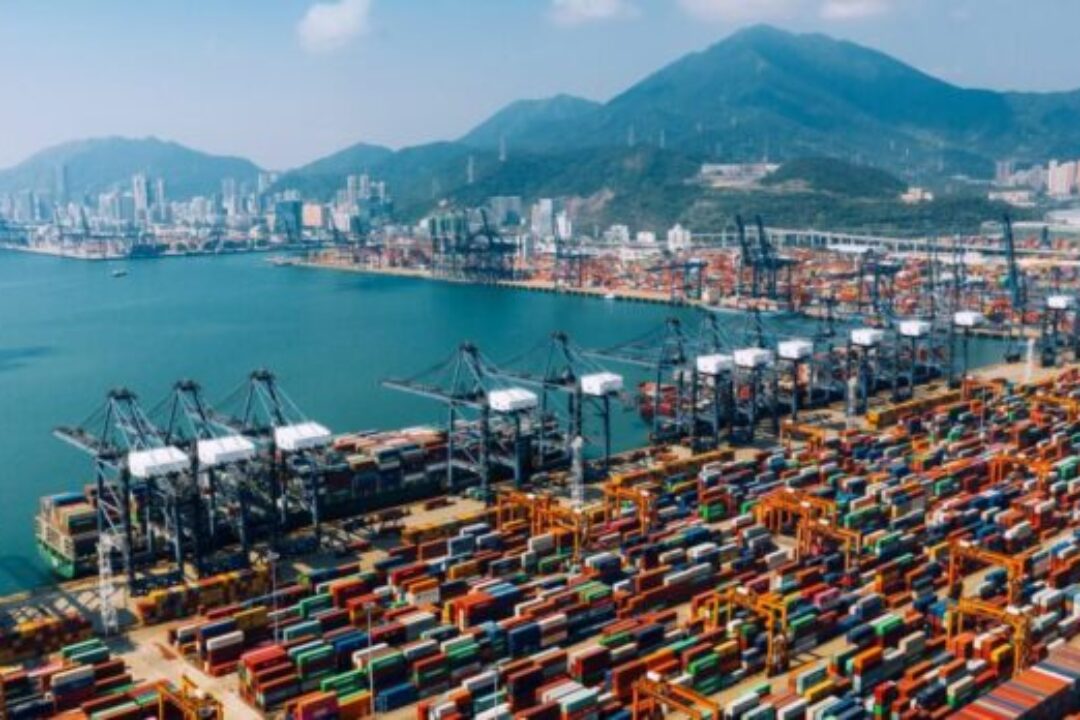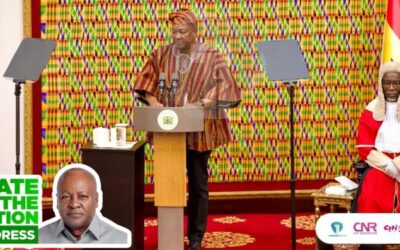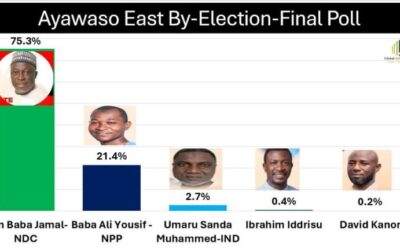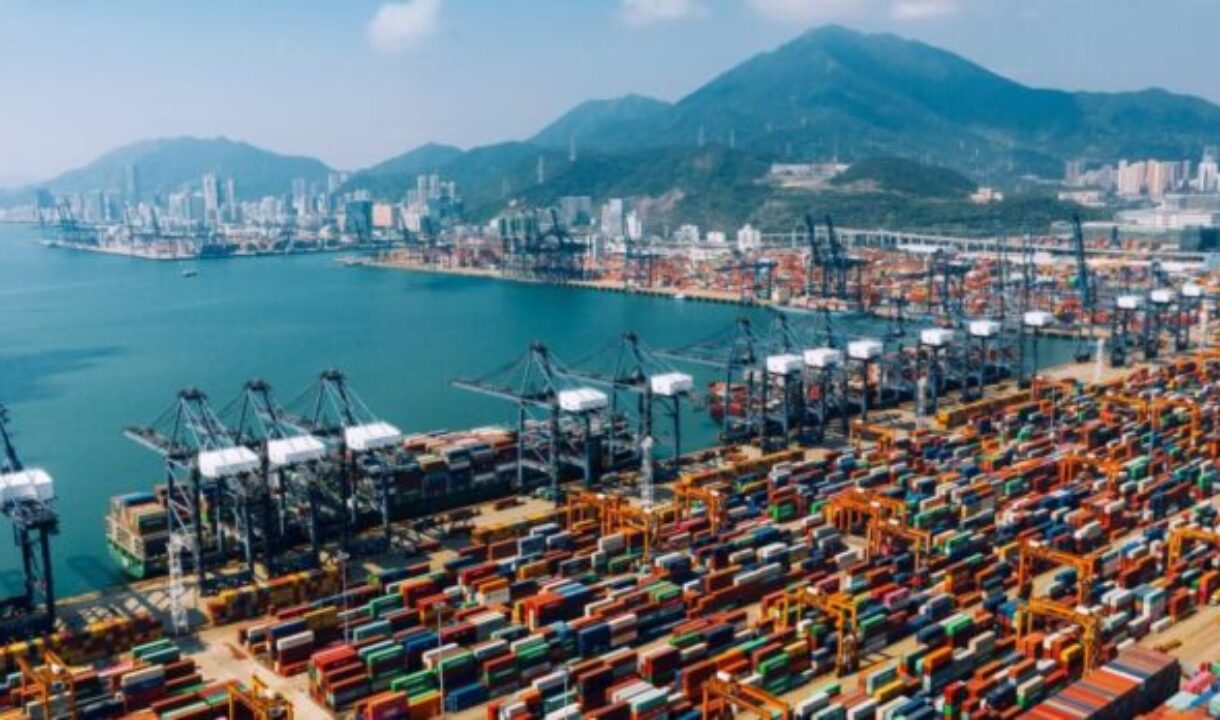China has introduced a zero-tariff policy for exports from 53 African nations that have formal diplomatic ties with Beijing. This move aims to boost trade with the continent and strengthen China’s economic role in Africa.
However, Eswatini, the only African country that still maintains diplomatic relations with Taiwan, is not included. This decision reflects China’s strict commitment to its “One China” policy, which does not recognise Taiwan as an independent nation.

The announcement came after high-level meetings in Changsha, Hunan Province, between China’s Foreign Minister Wang Yi and representatives from African countries. A joint communiqué issued after the talks confirmed the agreement.


China’s removal of tariffs is part of its strategy to deepen its trade and investment connections with Africa, especially at a time when global trade tensions are rising. The joint statement issued by China and African officials criticised increasing protectionism, particularly recent tariff hikes by the United States under President Donald Trump.
The U.S. has raised tariffs—some as high as 50%—on imports from several African nations, including Ghana, South Africa, and Mauritius. In contrast, China is promoting its zero-tariff plan as a mutually beneficial solution that supports African economies while helping Chinese companies cope with slowing demand at home.
China is already the top bilateral lender to African countries and plays a major role in developing infrastructure across the continent. This new policy is expected to strengthen its position further, as many African governments increasingly look to China for trade partnerships and development funding.
The zero-tariff move highlights China’s ambition to become Africa’s preferred economic and diplomatic partner, offering an alternative to Western nations amid changing global alliances.




















